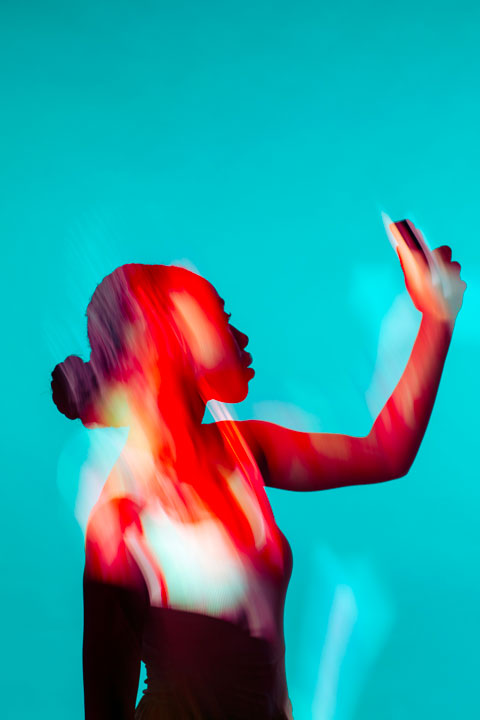The best agency partnerships I've witnessed always started with someone admitting they didn't have all the answers. Not in a self-deprecating way, but with the quiet confidence of knowing that great work happens when you bring the right people into the room.
I was reminded of this last week while watching two studios collaborate on a rebrand for a climate tech startup. One team brought deep systems thinking, the other had this incredible ability to translate complex ideas into visual poetry. Neither could have pulled it off alone, and both knew it from day one.
The mythology of the solo genius agency is finally dying. The reality is that modern brand challenges require multiple perspectives, specialized skills, and honest conversations about what each party brings to the table.
"The moment you stop trying to be everything to everyone, you actually become invaluable to the right partners".
The Currency of Trust
Real agency partnerships aren't built on NDAs and SOWs. They're built on shared late nights, honest feedback sessions, and that moment when someone says "actually, I think your idea is better." It's vulnerability as a business model.
I've seen studios like Metabrand thrive by openly sharing their process, their thinking, even their failures. This transparency becomes magnetic to the right collaborators. When you show your work-in-progress, you attract people who want to build with you, not just hire you.
The most successful partnerships I know started as experiments. A small project to test chemistry. A workshop to explore ideas together. No one's committing to marriage on the first date, but everyone's being honest about what they're looking for.
Beyond the Pitch Theater
Traditional agency partnerships often fail because they start with performance — the big pitch, the impressive deck, the promise of transformation. But sustainable collaborations begin with questions, not answers.
What if instead of competing for the same brief, agencies started identifying their complementary strengths? I've watched this happen with increasing frequency. A brand strategy studio partnering with a motion design team. A research consultancy joining forces with a Pentagram-trained designer. The sum becomes genuinely greater than its parts.
"The best partnerships feel less like vendor relationships and more like creative conspiracies — two groups plotting to make something that surprises even themselves."
This shift requires killing your ego at the door. It means celebrating when your partner's work outshines yours. It means sharing credit generously and taking blame collectively.
The New Economics of Collaboration
The financial models are evolving too. Fixed retainers and hourly billing create adversarial dynamics. The interesting agency partnerships now experiment with shared success metrics, equity stakes, or project-based coalitions that form and dissolve organically.
I know a brand studio that maintains a network of five specialized partners. For each project, they assemble the right team. Sometimes they lead, sometimes they support. The client gets exactly what they need, and everyone stays in their zone of genius.
This fluidity requires maturity. You need to know your value, communicate it clearly, and trust that the right opportunities will find you when you're not trying to grab everything.
Building for the Long Game
The agencies crushing it right now aren't the ones with the most capabilities. They're the ones with the most trusted relationships. They've invested years in building a network of collaborators who genuinely want to see them succeed.
This means showing up for your partners even when there's no immediate benefit. Recommending them for projects you can't take. Sharing insights from your own experiments. Making introductions that might never circle back to you.
Every thriving creative practice I know has figured this out: generosity is a growth strategy. The more you give to your creative community, the more the community gives back. Not in some mystical karma way, but in the very practical reality that people want to work with those who make everyone better.
The future of creative work isn't about building bigger agencies. It's about building better connections. The studios that understand this — that invest in agency partnerships as carefully as they invest in their own capabilities — are the ones shaping what our industry becomes next.









